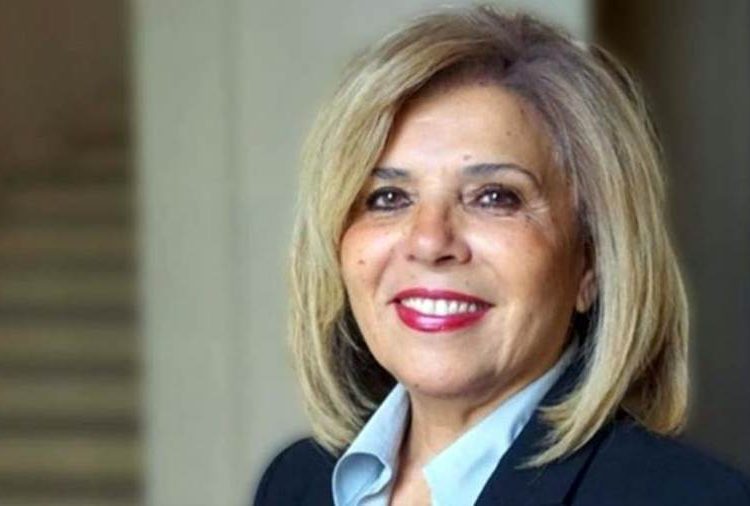CAIRO – Head of the National Council for Human Rights (NCHR) Moushira Khattab said that President Abdel Fattah El Sisi is the first president to govern Egypt under a constitution based on a human rights strategy. This strategy focuses on improving human life in various areas of education, health, social development, and dignified living, she noted.
In an interview with the “Sada Al-Balad” satellite channel with the journalist Ahmed Moussa on Sunday evening, Khattab added that President Sisi is keen on making Egypt an advanced system in human rights. She pointed out that a copy of the annual report on the human rights situation was presented to President Sisi.
She highlighted that the Ministry of Interior has a clear and new strategy in dealing with human rights through reform and rehabilitation centers, in addition to the philosophy it adopts in dealing with inmates in prisons. She commended President Sisi’s directives to enhance reform and rehabilitation centers.
Khattab explained that their philosophy in dealing with prison inmates aims at rehabilitation and changing thinking, not punishment. She emphasized that inmates should be treated with dignity to benefit from them as citizens. She also noted that the Ministry of Social Solidarity is one of the ministries working with the concept of human rights.
She considered the biggest leap Egypt has made in the field of human rights to be in civil and political rights, especially in the files of religious freedoms and women’s rights. She mentioned that NCHR has been receiving complaints from citizens through a large team.
Khattab clarified that interacting and getting closer to university youth witnessed them asking about the human rights situation in Egypt. She pointed out that there are now 8,000 students from various universities who have become experts in the field of human rights, capable of educating their peers and families, and raising awareness to be a strong support for the state.
Khattab announced that the annual report on the human rights situation covers a period of 3 years in Egypt, including the activities and achievements of NCHR. She noted that the council is now different from the past in terms of diversity, membership, and adherence to human rights standards, with 50% being civil society organizations.
She hinted that NCHR is not an executive body but it has always been always communicating with relevant authorities to implement citizens’ demands.
The head of the council concluded by saying, “We do not have a specific ceiling for human rights reports because there are no practices or pressures on us. The report complies with the highest human rights standards.”
Khattab stated that she has personally been monitoring and receiving citizens’ complaints, working to address them officially and unofficially.






Discussion about this post